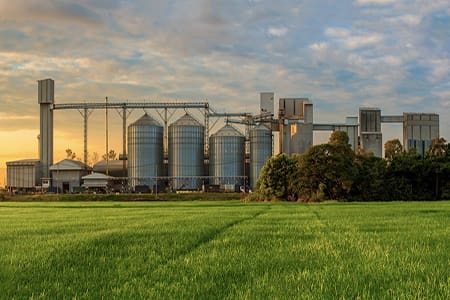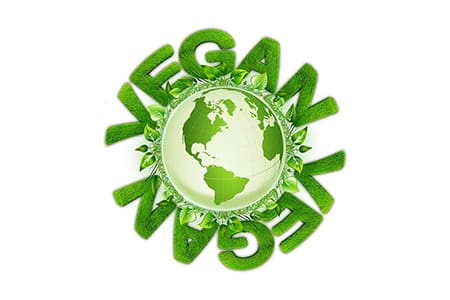The food choices we make every day have profound consequences for the planet. Diets high in animal products—such as meat, dairy, and eggs—are among the leading drivers of environmental degradation, contributing to greenhouse gas emissions, deforestation, water scarcity, and pollution. Industrial livestock farming requires vast amounts of land, water, and energy, making it one of the most resource-intensive systems on Earth. In contrast, plant-based diets typically demand fewer natural resources and produce a significantly lower environmental footprint.
The environmental impact of diets goes beyond climate change. Intensive animal agriculture accelerates biodiversity loss by converting forests, wetlands, and grasslands into monoculture feed crops, while also contaminating soil and waterways with fertilizers, pesticides, and animal waste. These destructive practices not only disrupt delicate ecosystems but also threaten food security by undermining the resilience of natural resources needed for future generations.
By examining the connection between what we eat and its ecological toll, this category highlights the urgent need to rethink global food systems. It underscores how transitioning to more sustainable dietary patterns—favoring plant-based, regional, and minimally processed foods—can mitigate environmental damage while also promoting human health. Ultimately, changing diets is not only a personal choice but also a powerful act of environmental responsibility.
Adopting sustainable habits doesn’t have to be complicated—small changes can drive meaningful impact. Meatless Mondays offer a straightforward way to contribute to environmental sustainability by skipping meat just one day a week. This global initiative helps lower greenhouse gas emissions, save water and land resources, and reduce deforestation while encouraging healthier eating habits. By embracing plant-based meals on Mondays, you’re making a conscious choice for the planet and paving the way for a more sustainable future. Take action today—make Meatless Mondays part of your routine!


























































